It’s all too easy to let the days slip away without getting outside and soaking up some sun as work and other life commitments often take priority. However, lack of sunlight is one of the major causes of vitamin D deficiency, which affects over 30% of adult Australians. Vitamin D is a unique nutrient that has an array of health benefits. Your body naturally generates it when exposed to sunlight, yet many people do not spend enough time outside to produce a sufficient amount. Vitamin D plays a vital role in bodily functions such as boosting immune health, maintaining and growing strong bones, and regulating electrolyte metabolism and protein synthesis. This makes it an extremely important nutrient for everyone, especially elite and recreational athletes.
As athletes, nutrition is pivotal. If you don’t think you’re getting enough vitamin D, there’s no better time than now to change that! As we’re all being asked to stay home and socially isolate, many of us have the perfect opportunity to soak up some rays. You may be stuck at home, but this doesn’t mean you have to be stuck inside! To demonstrate the importance of getting enough vitamin D, let’s take a closer look at some of the research behind the health benefits.
Immune health
Vitamin D supports adaptive immunity, which refers to a subset of the immune system that eradicates pathogens - the microorganisms (such as bacteria or viruses) that make you sick. A study revealed that supplementation improved immunity in participants who were deficient and in those who had healthy levels of the vitamin.
Strength
A meta-analysis of studies concerning the impact of vitamin D on strength concluded that supplementation significantly improved upper and lower limb strength amongst the participants.
Weight management
A study that assessed overweight women over 12 months found that those who took a vitamin D supplement and reached healthy levels of the vitamin lost more weight than those who took a placebo. Another study found that women who took the supplement over 12 weeks experienced a reduction in their percentage of body fat.
So how do you know if you’re lacking vitamin D? Well, there are a number of indicators you can look out for, including fatigue, getting sick often, and pain in your bones, muscles and back. Aside from experiencing these symptoms, vitamin D deficiency is also linked to more serious health conditions such as cancer and increased risk of cardiovascular disease.
There are a number of ways you can boost the levels of this vitamin in your body. The best and most common method is getting out in the sun and allowing your body to soak up the ultraviolet rays. However, shade and clouds significantly reduce ultraviolet light, and wearing sunscreen with SPF higher than 8 will also prevent your body from absorbing these rays. It is ideal to spend at least 30 minutes in the sun between 10am and 3pm at least twice a week and to expose as much skin as possible.
Aside from sunlight, you can also gain vitamin D from foods such as fatty fish, eggs and mushrooms. Many dairy products are also fortified with vitamin D. However, you should not rely on these vitamin-rich foods as your only source. Taking a supplement is the safest way to ensure you are reaching the recommended amount.
As we still can’t see the end to this pandemic, it is essential that we look after all aspects of our health. Not only do we want to keep our bodies in optimal form to fight off any diseases, but we also want to ensure that we maintain our strength and fitness so we can hit the gym with full force once this is over! Right now nutrition is key, so every small step counts!
Best Sellers
verified
Backed By Science
Every formula clinically designed
verified
Nutrient Powered Quality
Premium ingredients for total health
verified
Athlete Trusted
Tested & proven in competition


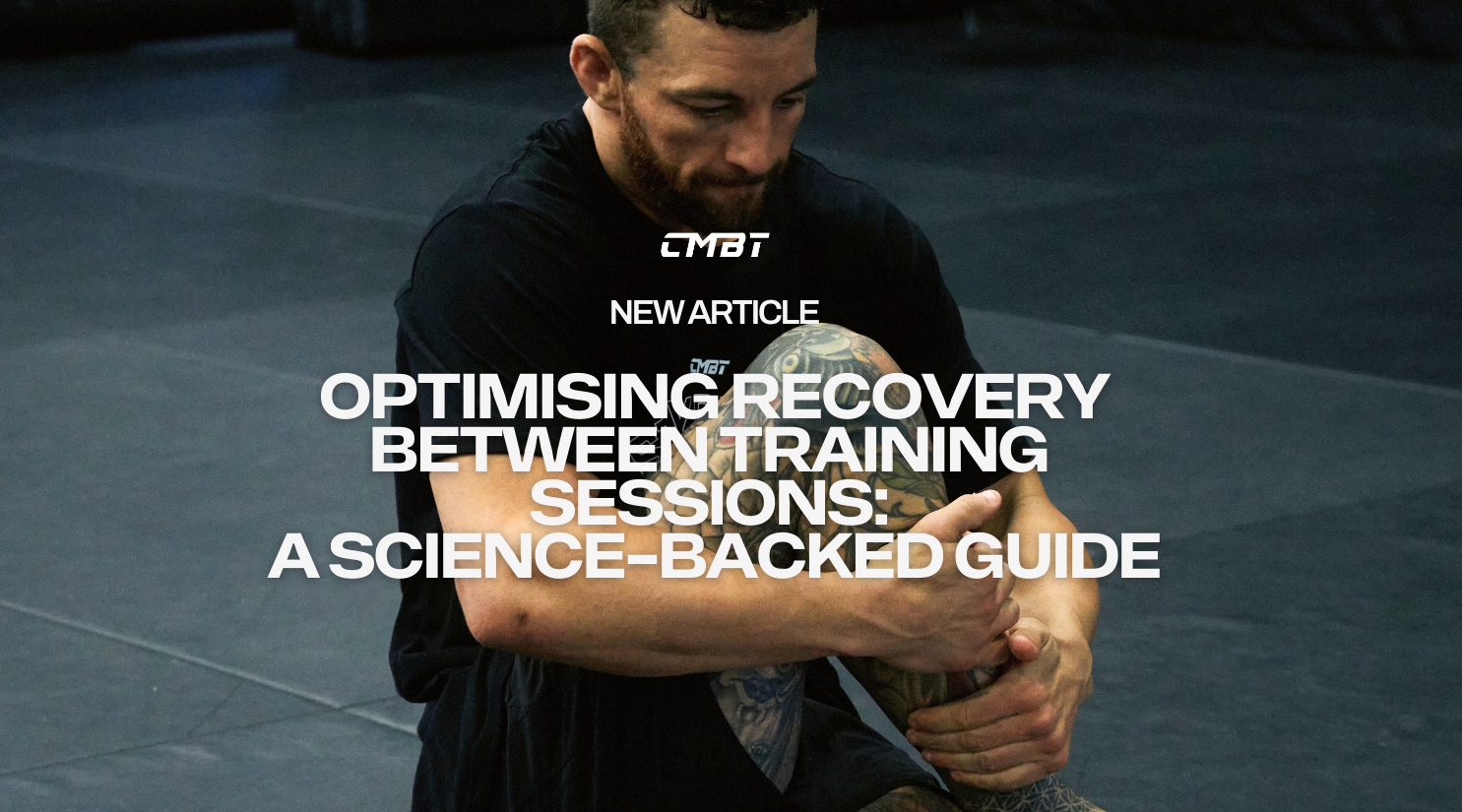






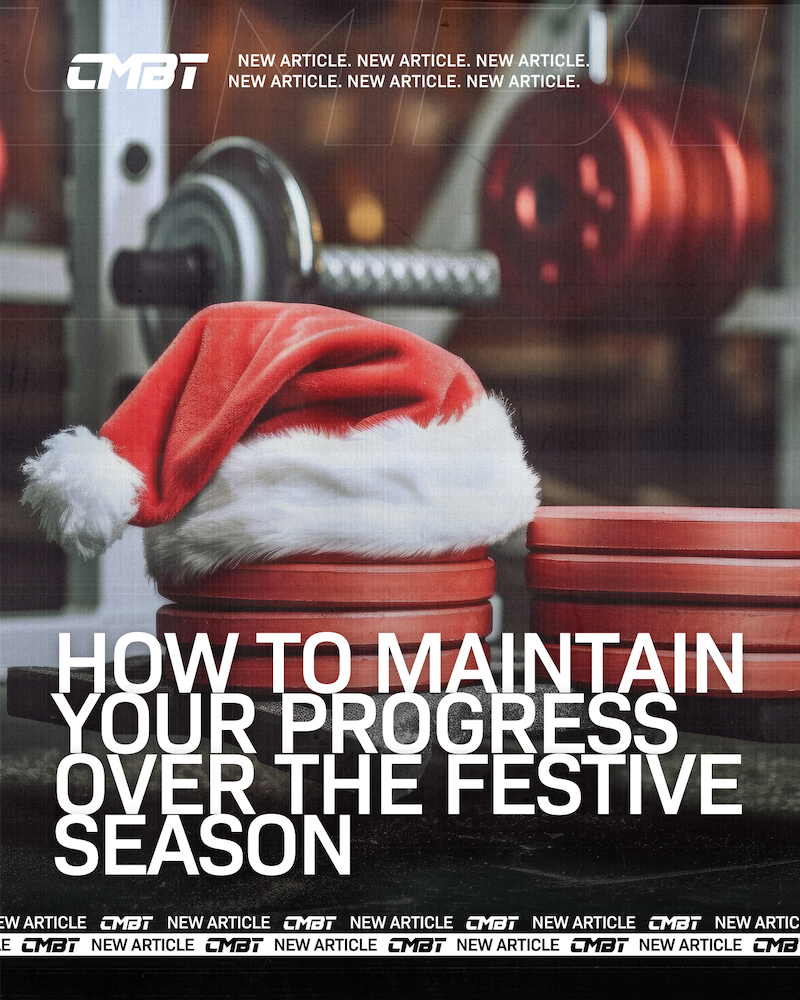
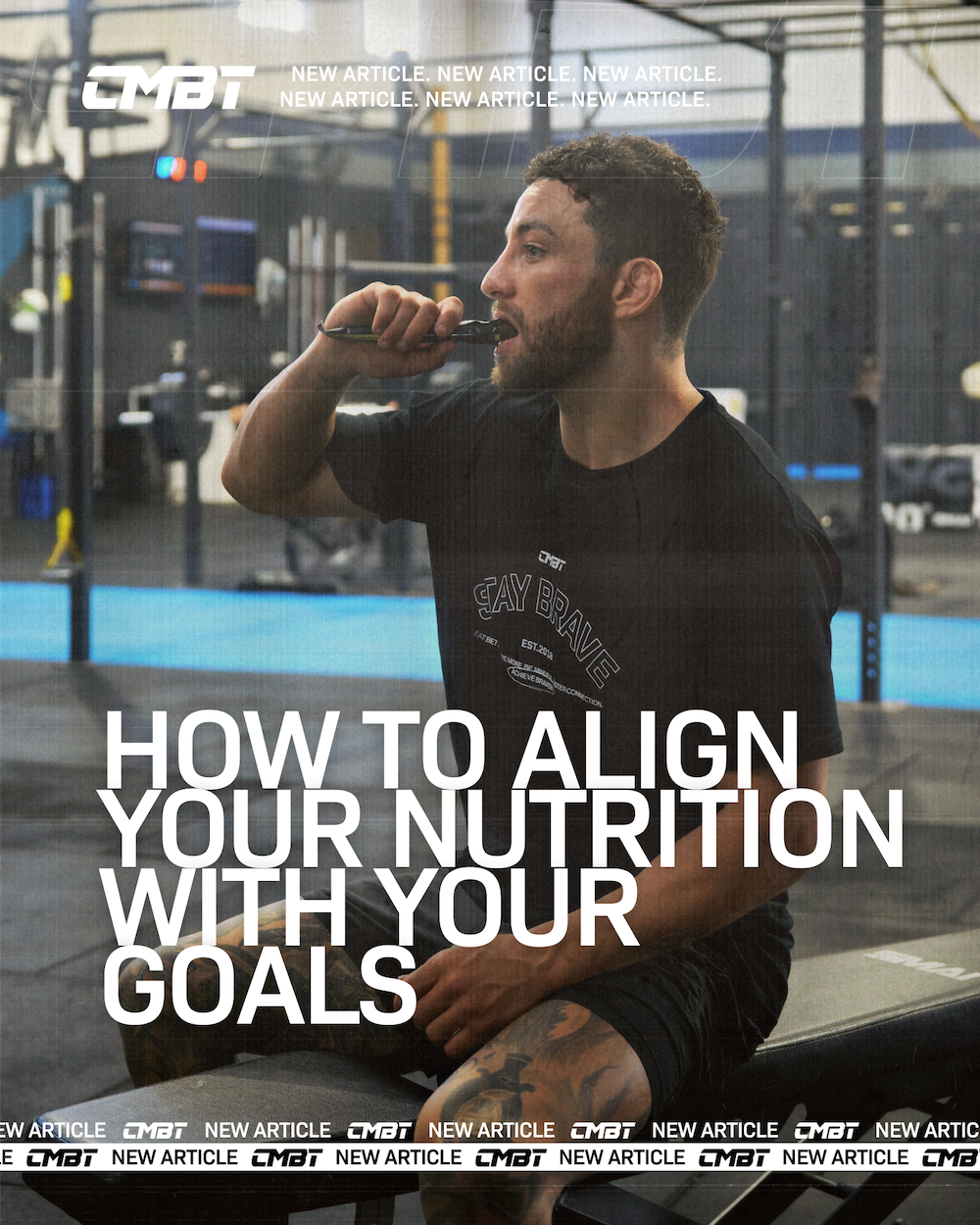

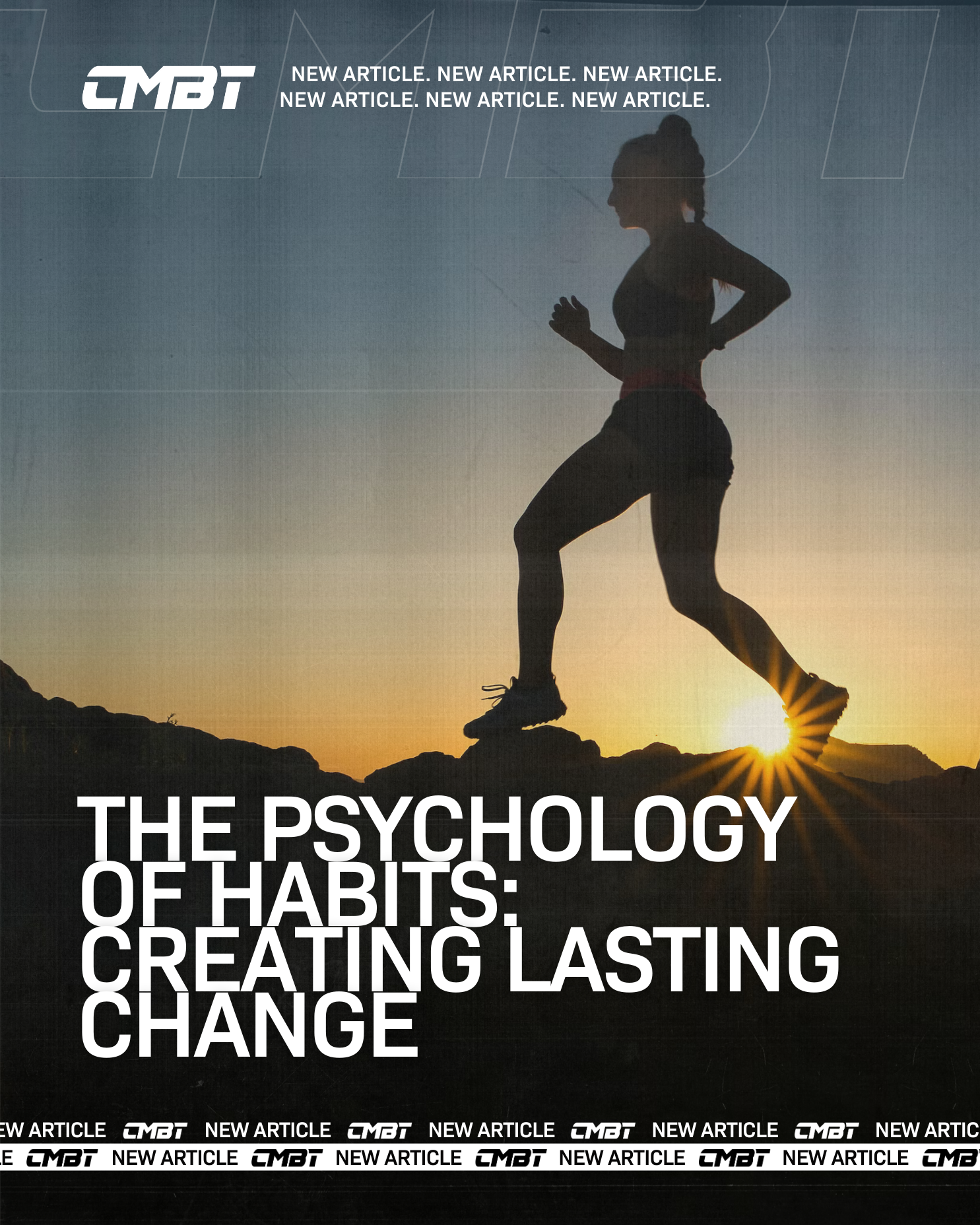
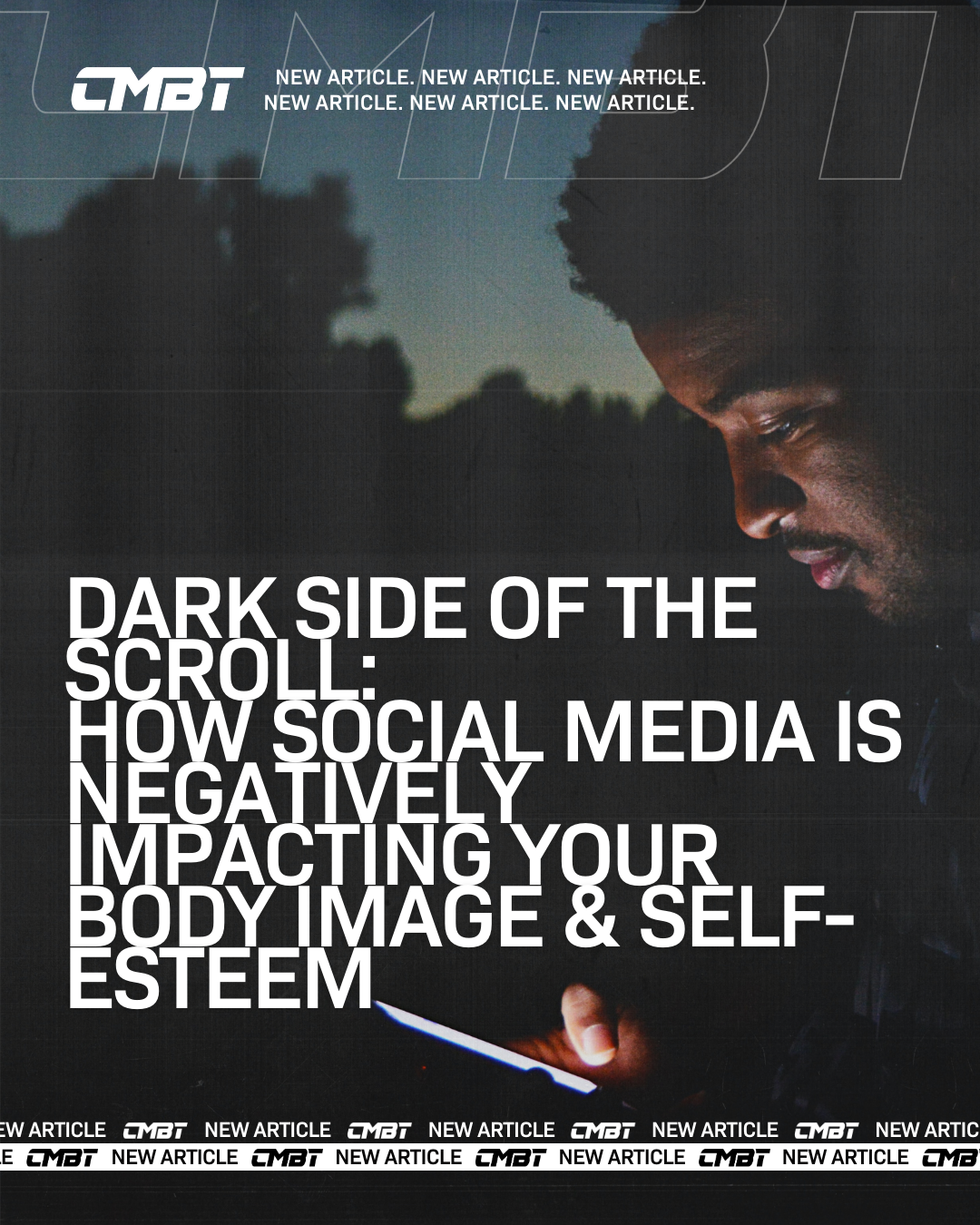


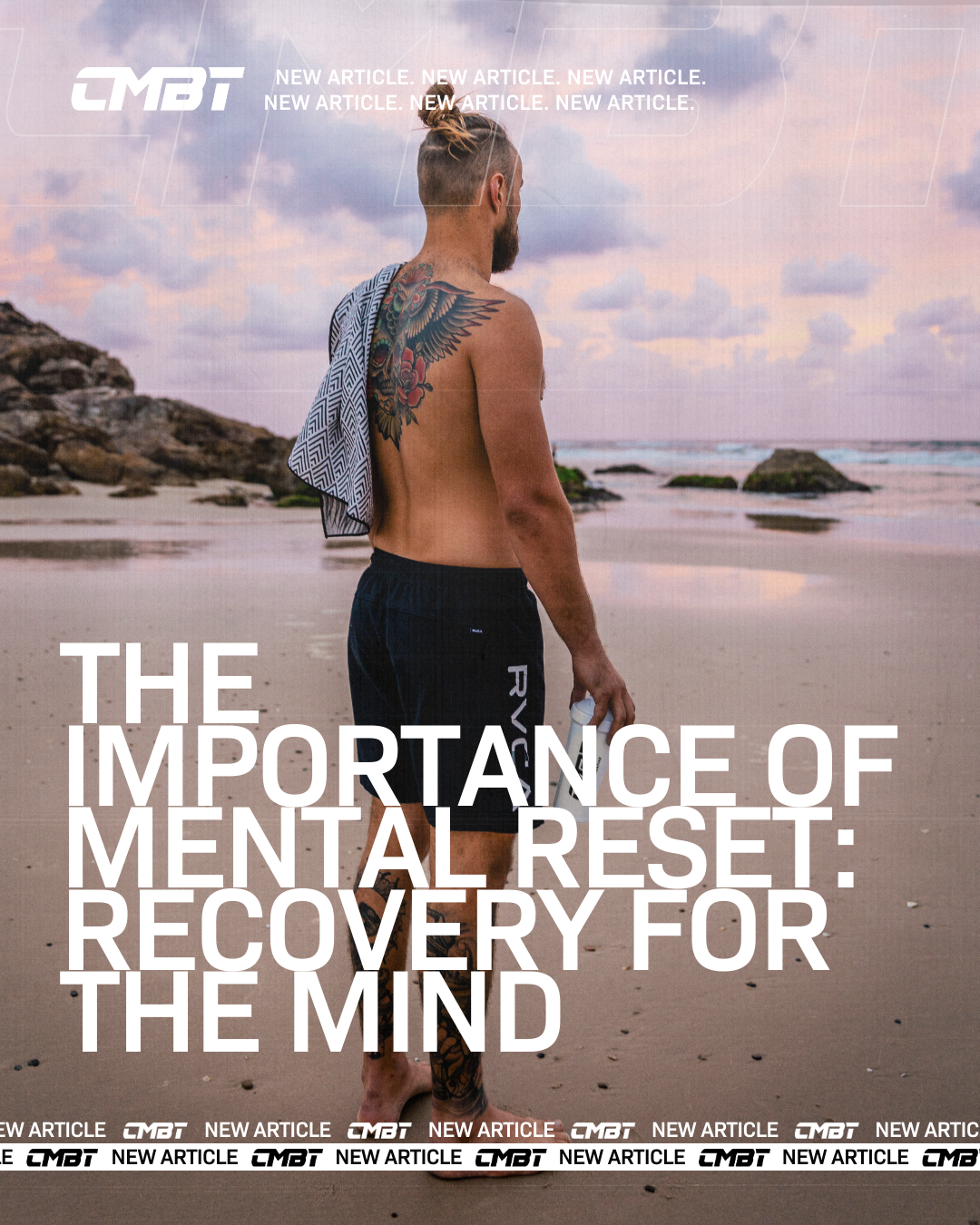



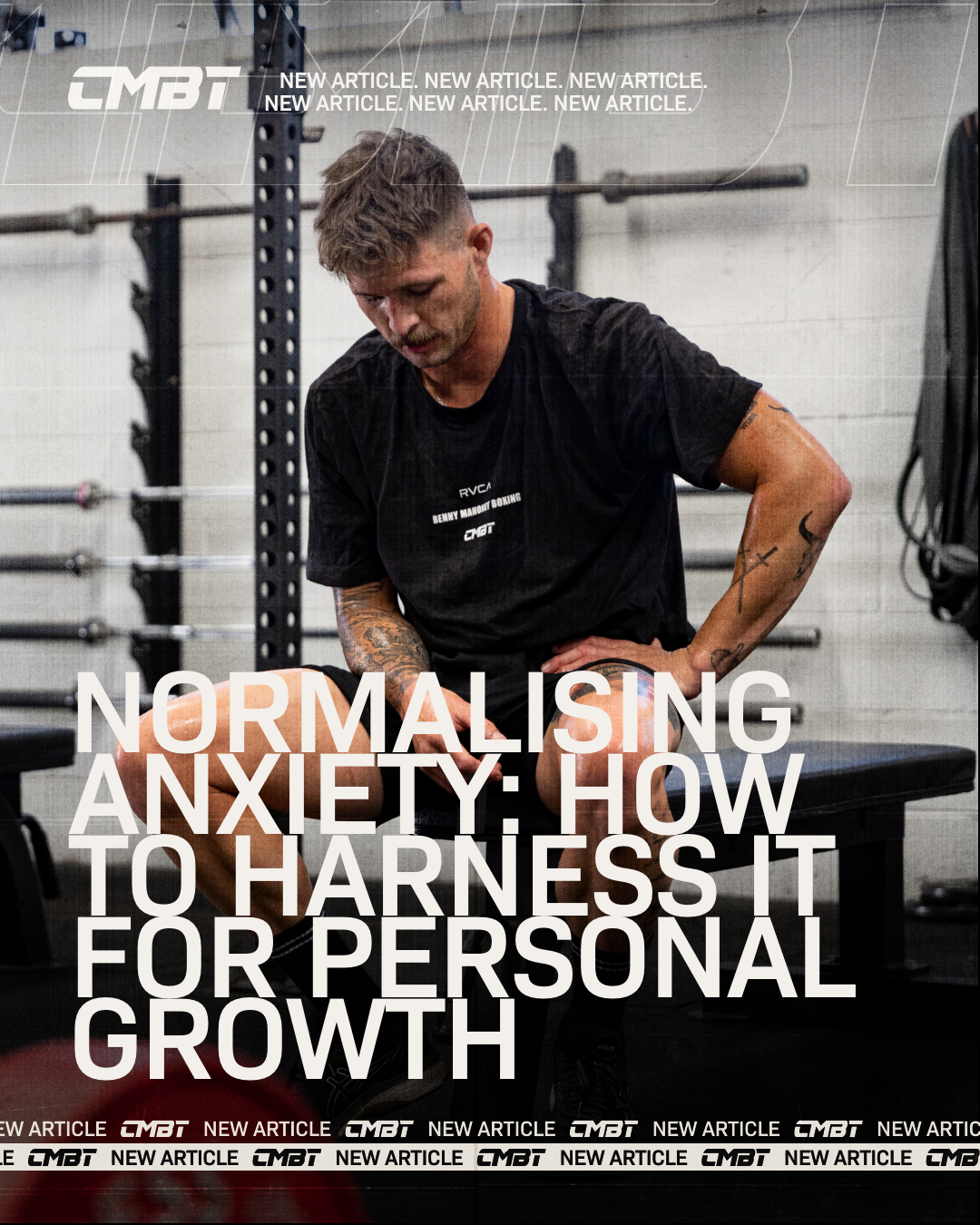




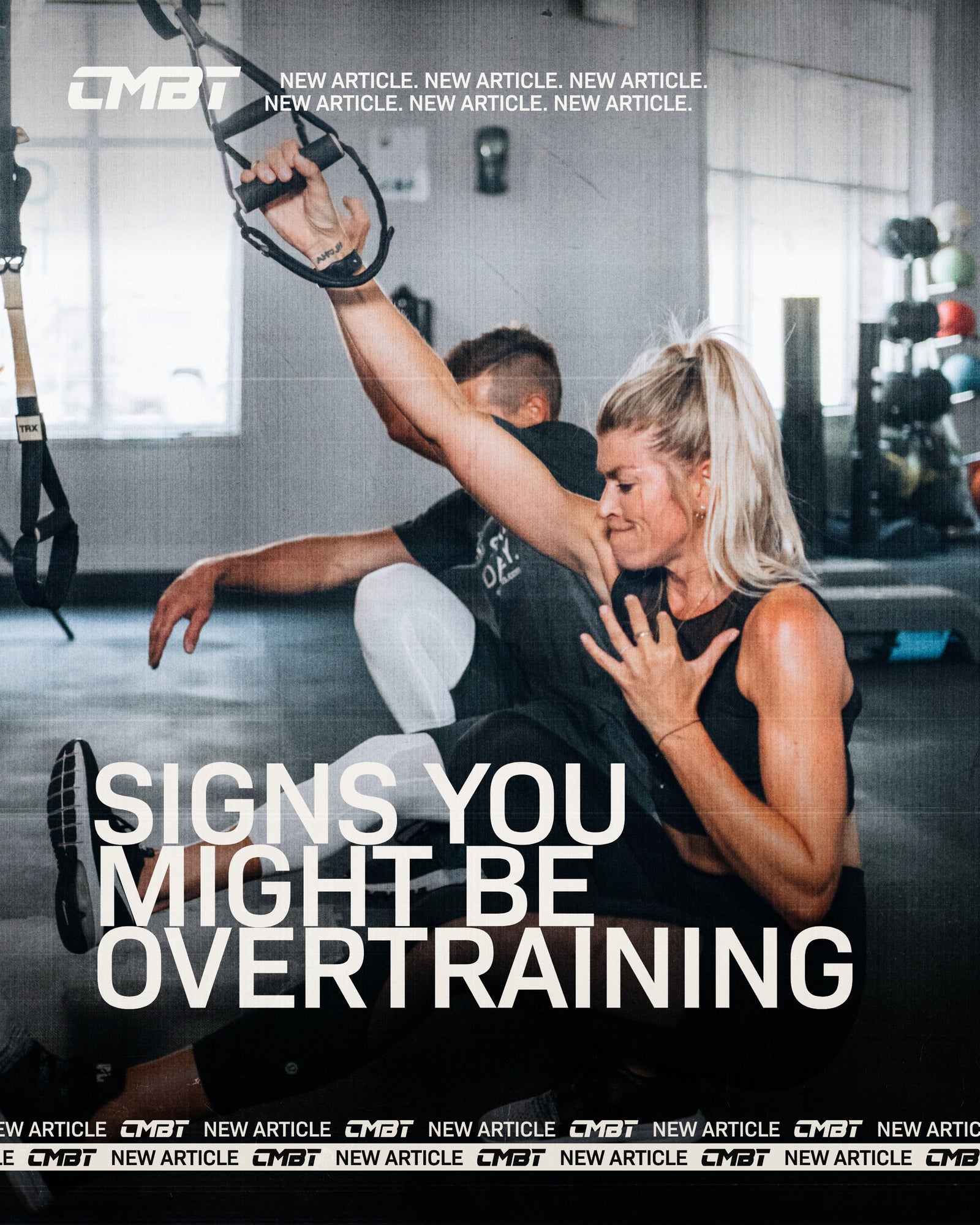


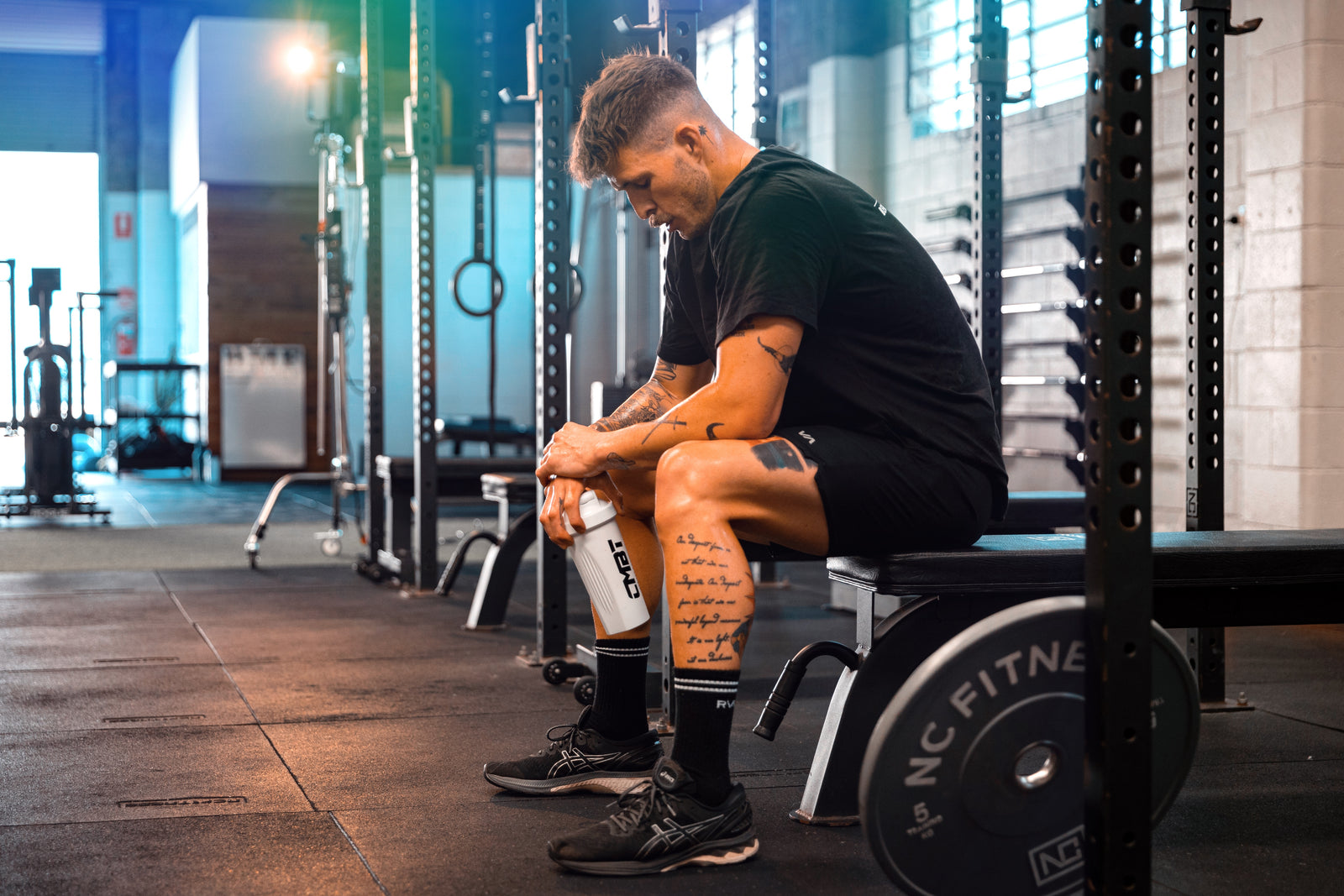




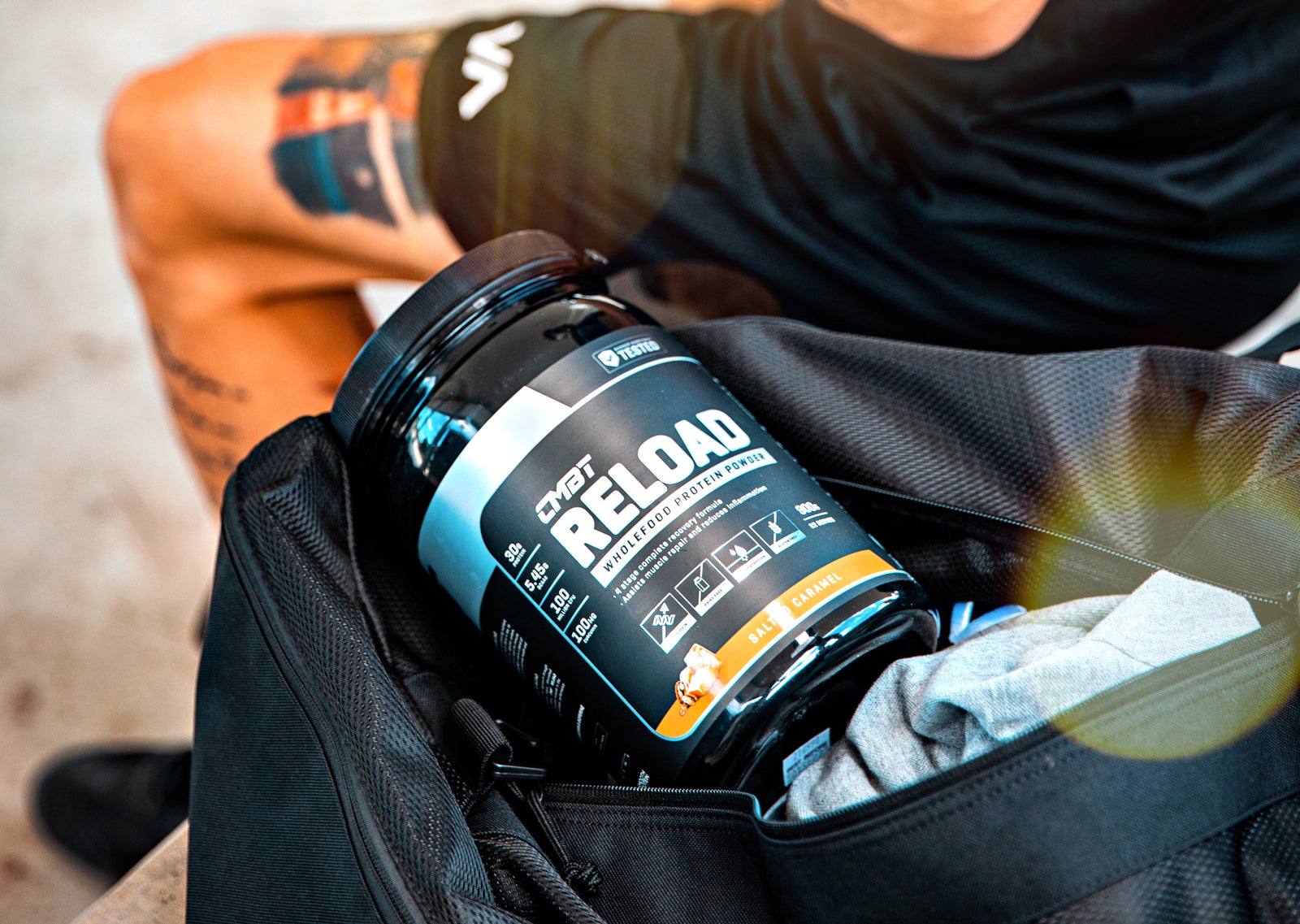



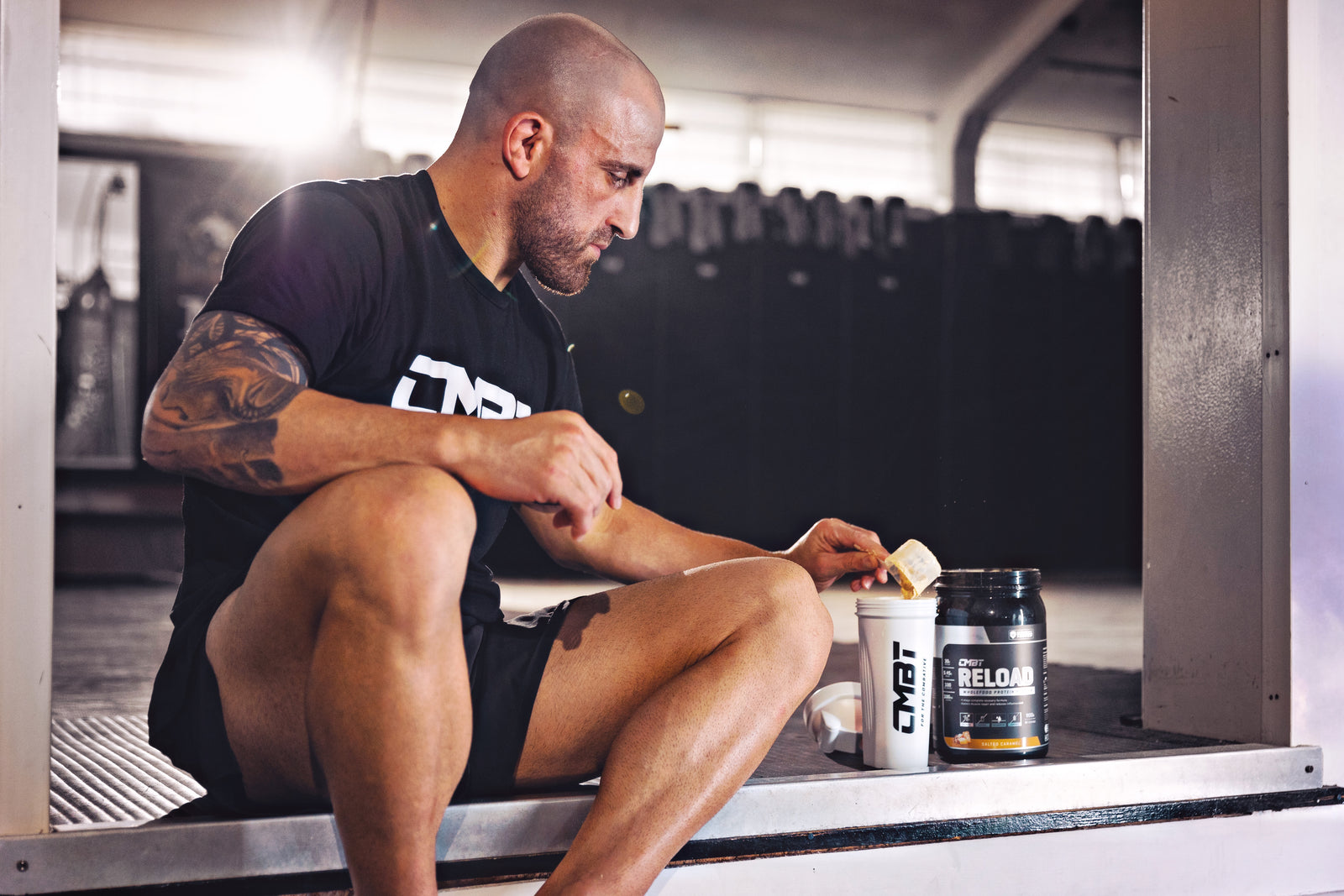

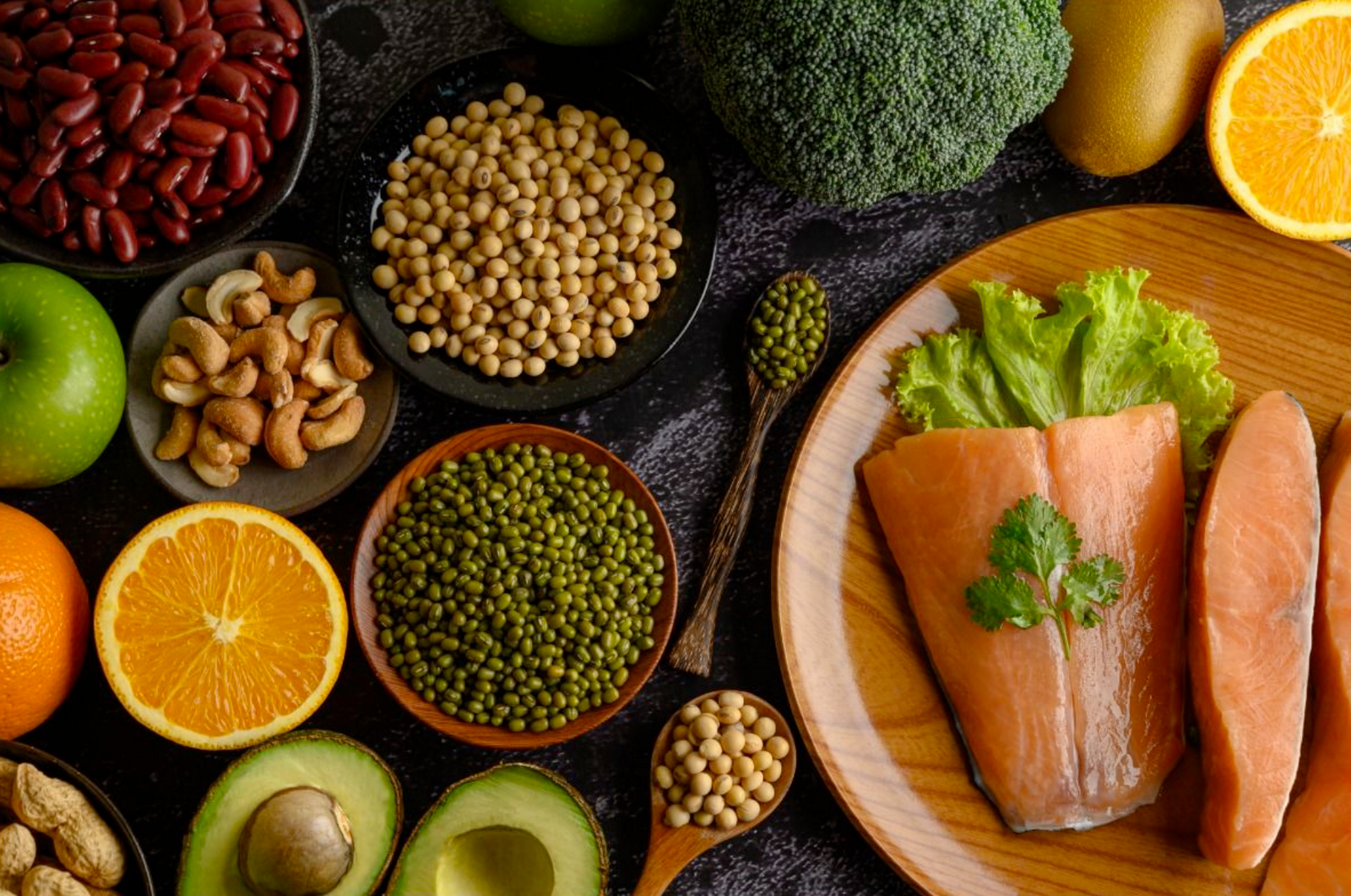
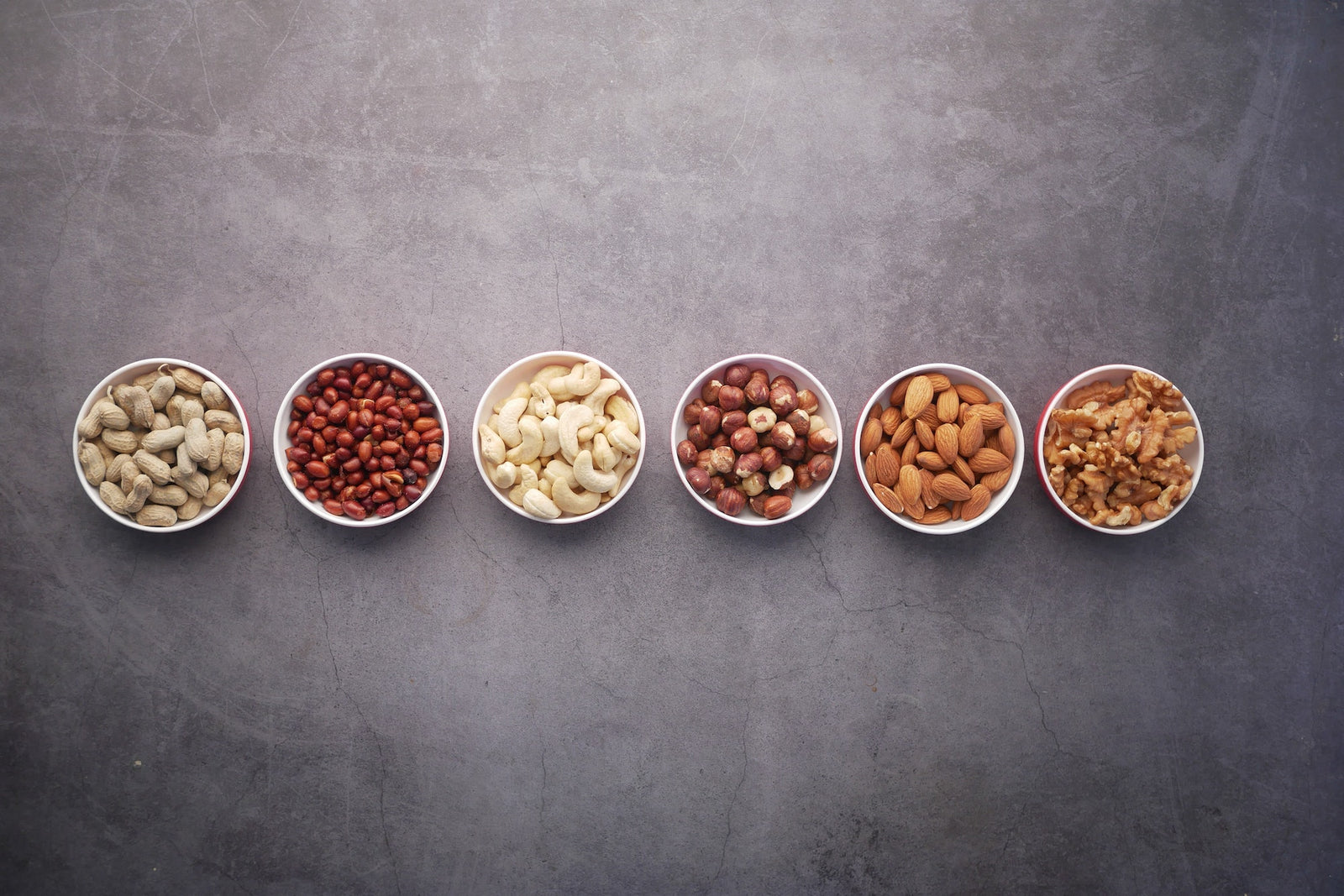





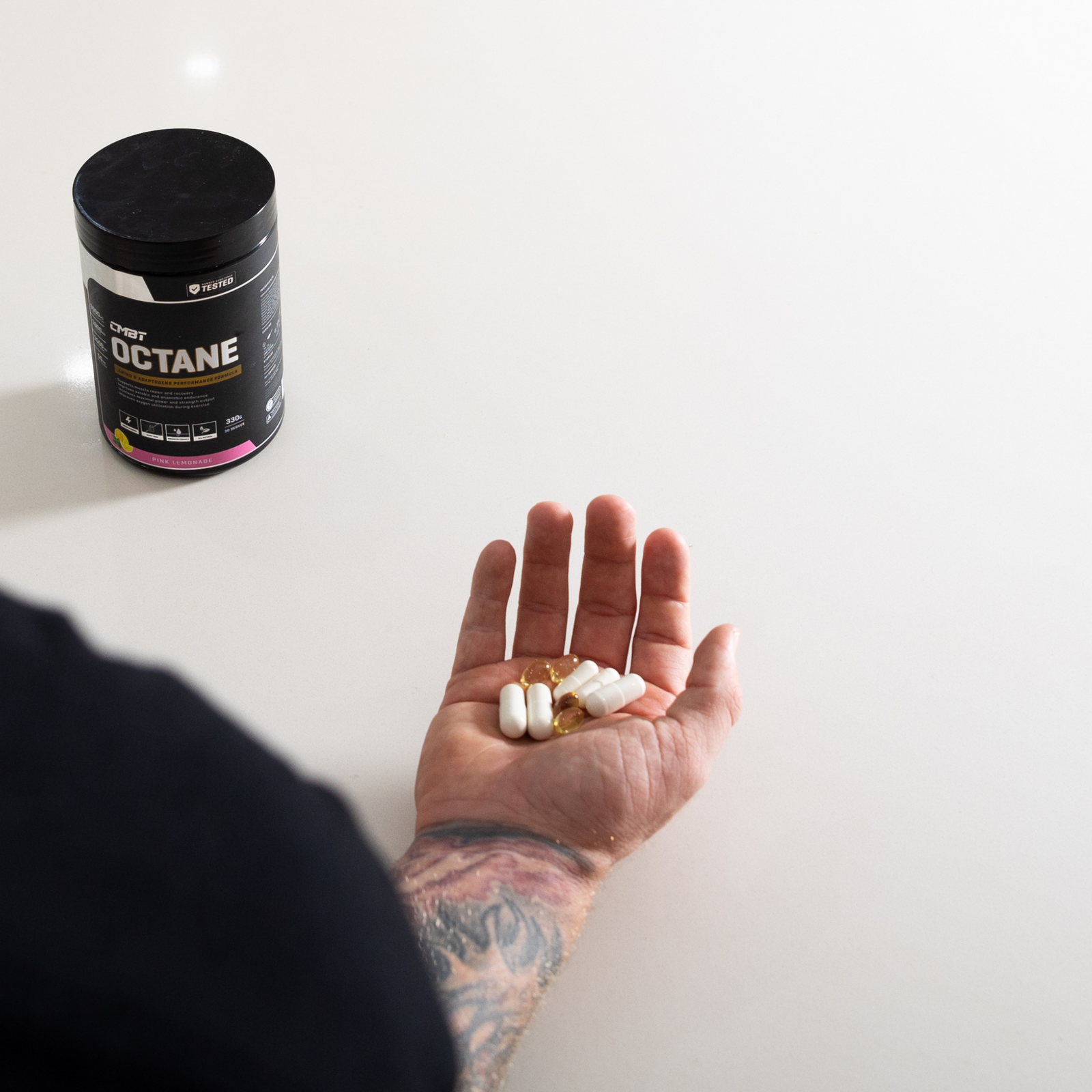

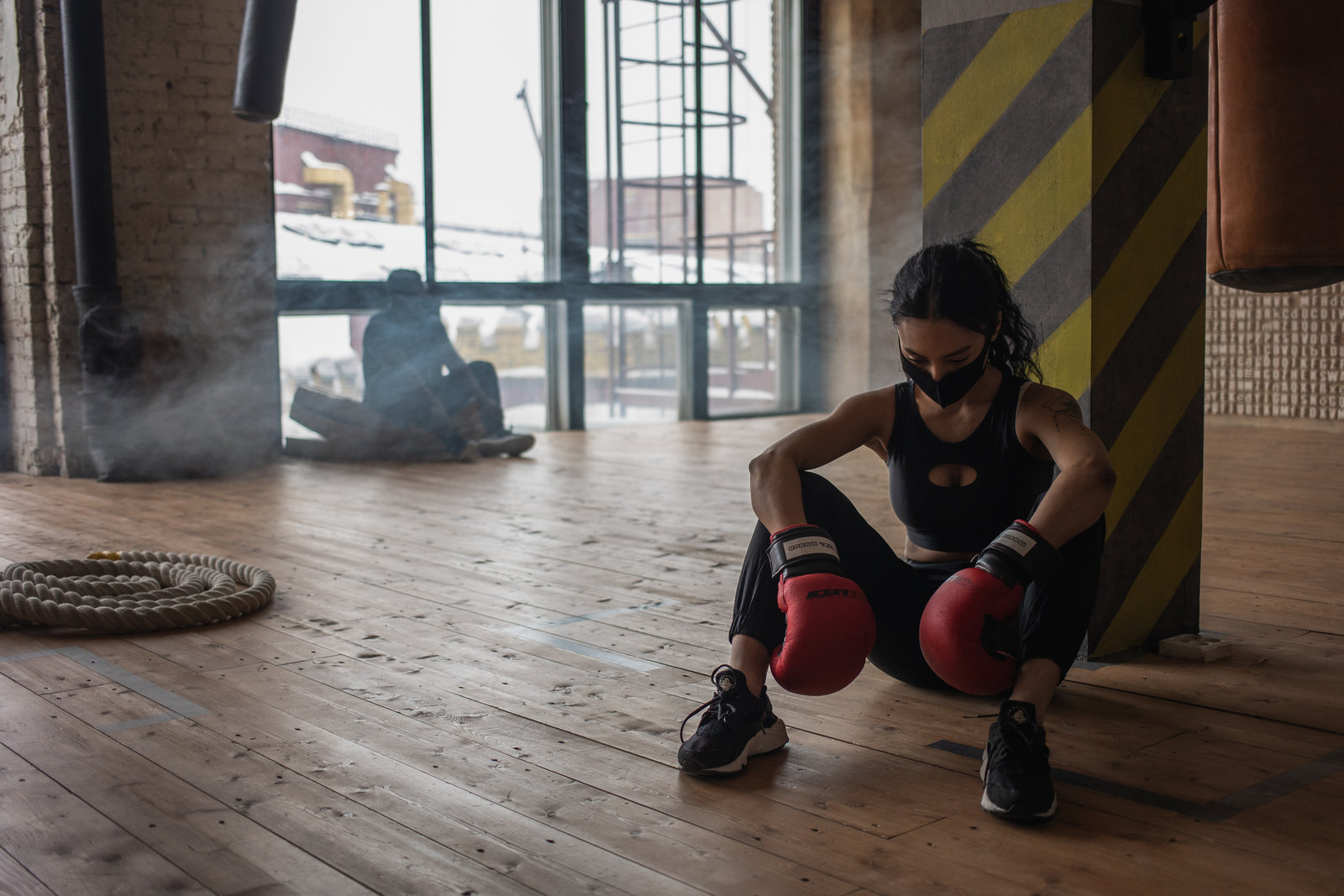
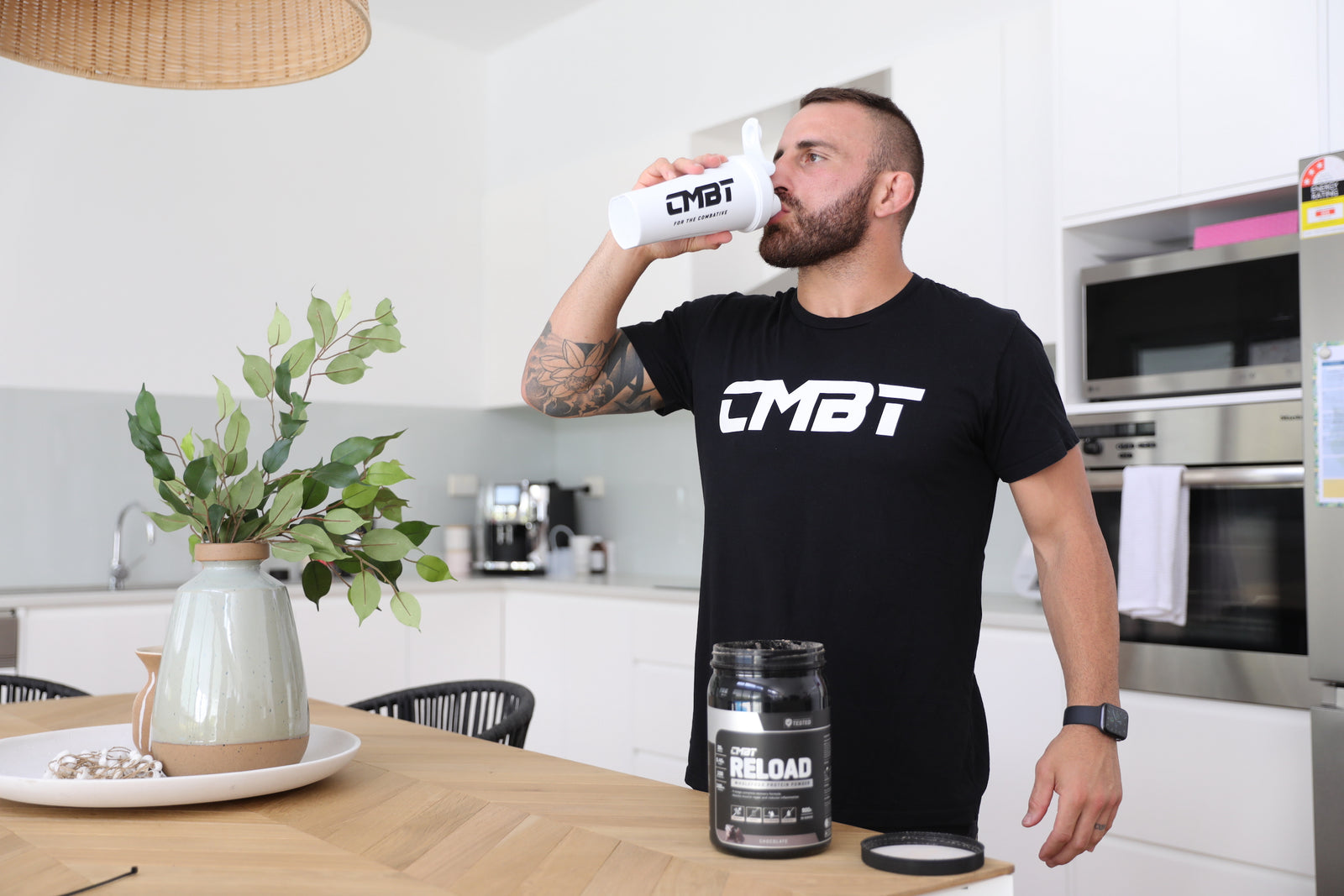
![[VIDEO] Fuel Your Passion feat. Sami Locke](http://cmbt.com.au/cdn/shop/articles/Sami.jpg?v=1625826844&width=1600)